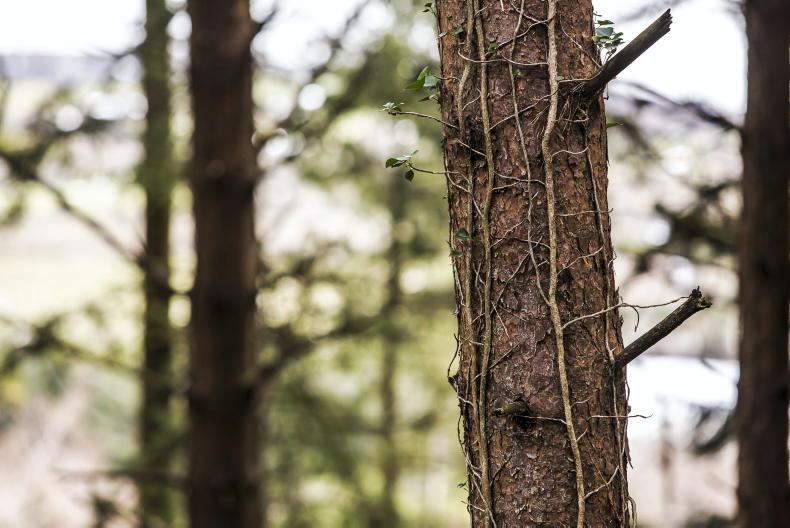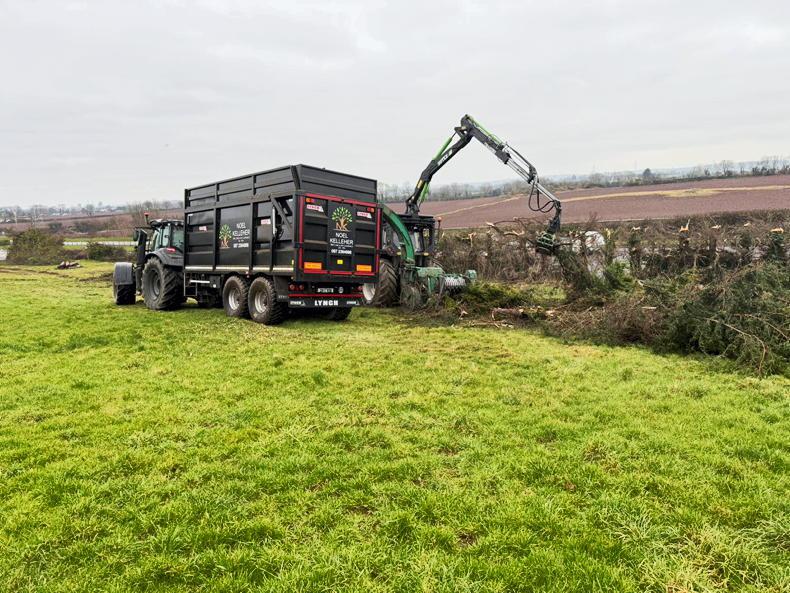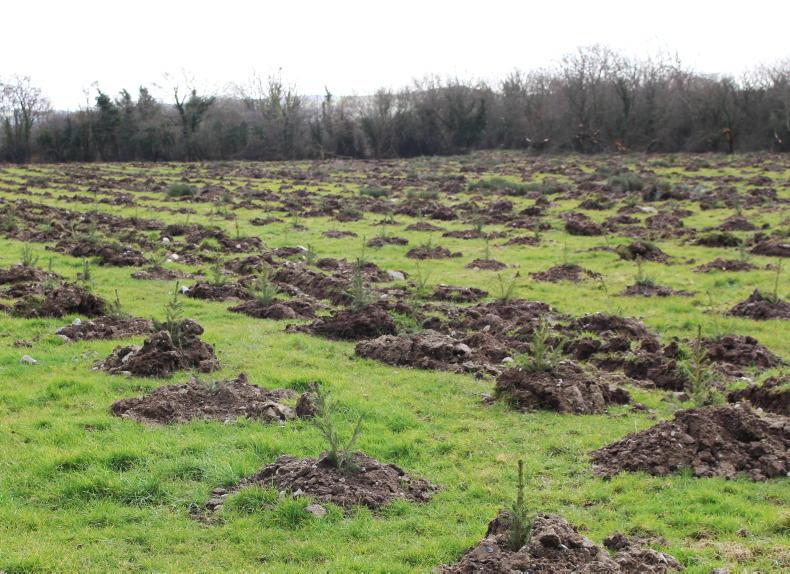DEAR EDITOR,
This is to all in forestry, who read that Minister McConalogue is ruling out ash dieback compensation and are seething with anger. There is a positive and more reasonable response.
When reviewing EU rules and guidelines it depends on what is being looked for. If finding an excuse as to how doing something can be avoided, a clause can generally be found that appears to give that excuse. In the case of compensating for the effects of ash dieback, if trying to avoid compensating for income loss caused by pests and diseases, the excuse is there in black and white in clause 526.
On the other hand, if looking for ways to give meaningful compensation assisting people facing the devastating effects caused by ash dieback, permission to compensate for the loss of assets that generate the income with the market value of the trees lost clearly exists in clause 377.
Clause 377 allows the Department of Agriculture to compensate farmers for loss of income earning animals, diagnosed with TB, at market value so that they may be taken out and replaced swiftly, thus ensuring minimal loss of income to the farmer. In the same way, the Department has been able to invoke this clause to compensate ash growers for the loss of the market value of ash plantation trees that are being wiped out.
This is what we as representatives of those affected by the disease have been pleading for. In every other sector in agriculture, when the means to generate an income is taken out by disease or disaster, compensation is freely given. There was no discussion or debate when mink farmers were fully compensated recently and the TB compensation rates have been freely increased without reluctance.
But for some unknown reason, there is a dogged mindset in the Department, further displayed by the two ministers in charge, that treats private forest owners differently and inequitably.
The ministers’ refusal to introduce a fair scheme with compensation for asset loss for so long is unforgivable, because it has compounded the income loss for growers.
Minister McConalogue appears to be referring to clause 526 when saying the EU will not allow ash growers draw the same premiums for planting ground, where the ash has been killed off, as for those who are planting new ground. However, in my opinion, this is clearly a deliberate misinterpretation of that guideline. Premiums are not to make up income lost.
They are to provide an income in future in order to allow people exist in their enterprise. In which case there is no earthly reason why people, forced by the minister’s insistence that they plant again, and go back to square one, should not receive exactly the same amount of premium and for the same length of time, because in each case the trees will take the same amount of time and care to establish and nurture.
Lastly, in every situation there are exceptions to the rules and discretion is the order of the day. Discretion is always needed to achieve mutual confidence and the best possible result. It is ill-advised to force people to do something that is clearly inequitable.
We would urge the ministers and the Department to draw back from the brink. The blatantly unfair official attitude, to those facing disaster with ash dieback, has appalled a much wider audience than just those affected.
All in forestry see this attitude affecting all private forestry owners now and into the future. All in forestry, apart from the ministers and their officials, see the need for a fundamental change before landowners will sign up to further tree growing.
We, as ash-grower representatives, stand firm, with full forest industry support, in our demands. We are looking for full compensation for the market value of the ash trees in our ash plantations, the full cost of taking out the dead trees and ground preparation, replanting and full premiums for 20 years. Permission to do this is all there in the same rules and guidelines that the minister is pretending prevents him from taking the correct and fair action needed.










SHARING OPTIONS